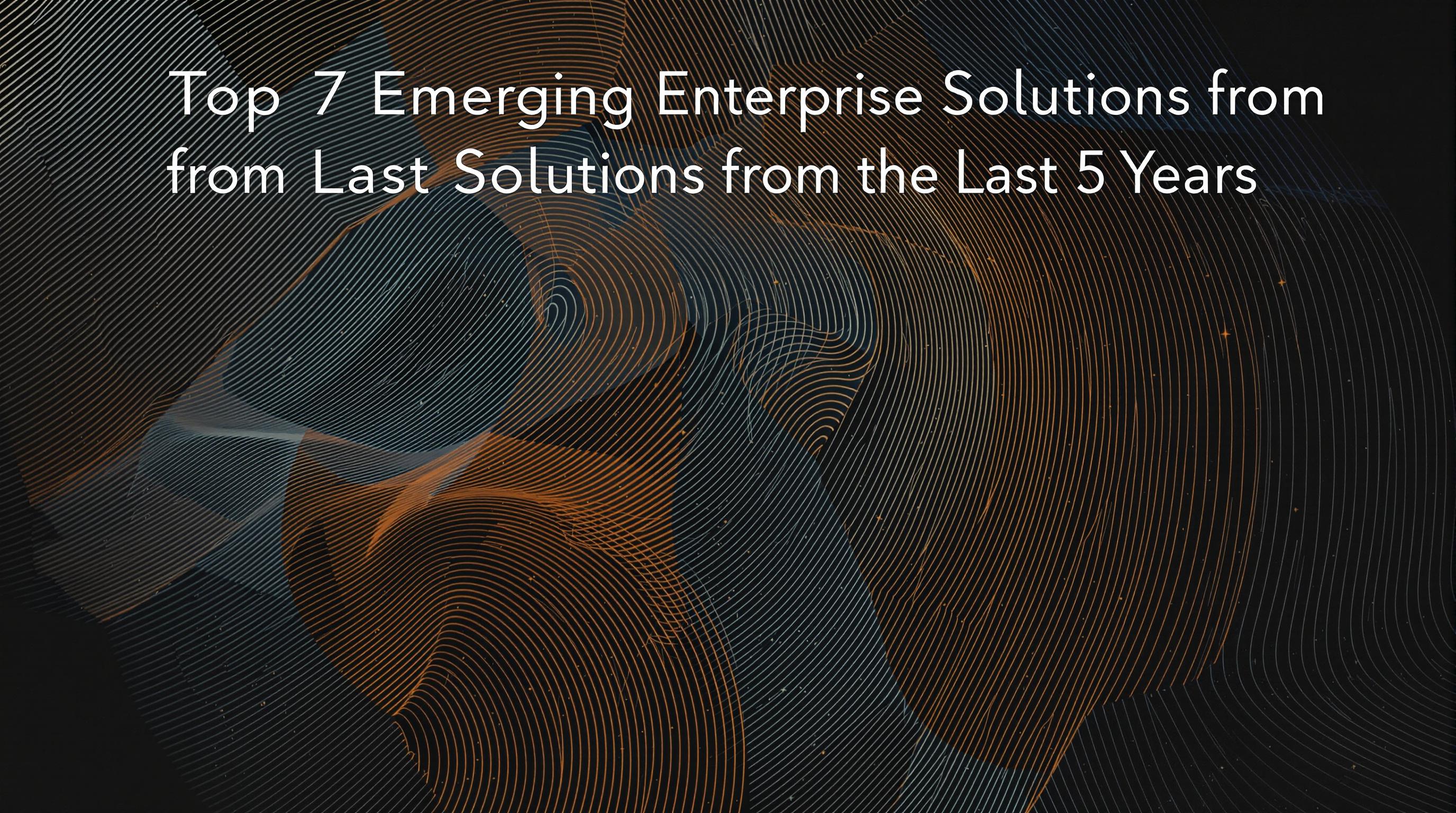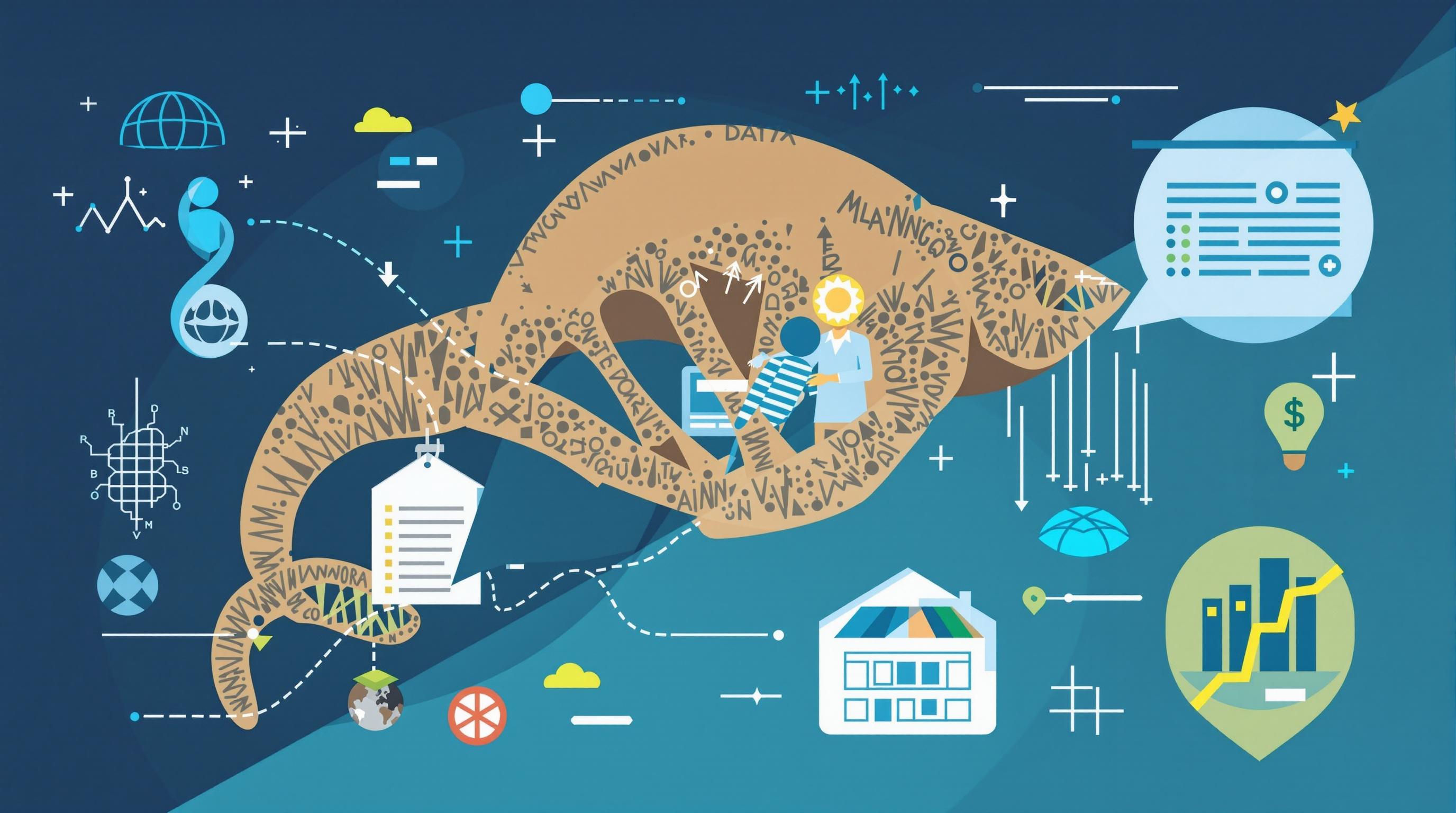Featured Articles
- "Conversational AI: The New Frontier in Workplace Culture or Just Another Buzzword?"
- Exploring Bioinformatics in Corporate Strategy: The Hidden Link Between Genetic Data and Market Innovation
- Navigating the Shadows: The Rise of Dark Patterns in Business Technology and User Experience
- The Quirky Rise of 'Techno-Optimism': How Businesses Embrace AI Dystopia for Profit
- The Untapped Potential of Mythical Creatures in Business Tech: Surreal Strategies for Modern Enterprises
The Quirky Rise of 'Techno-Optimism': How Businesses Embrace AI Dystopia for Profit
The Quirky Rise of 'Techno-Optimism': How Businesses Embrace AI Dystopia for Profit
The concept of "techno-optimism" signifies an intriguing paradox where businesses flaunt the dystopian potential of AI not as a cautionary tale, but as an opportunity ripe for profit. This article explores how companies are harnessing visions of an AI-driven future, challenging traditional concerns with a buoyant take on the untapped possibilities and lucrative avenues these technologies present.
The Silver Lining of Dystopia
Picture this: A bustling tech conference in Silicon Valley, where entrepreneurs and investors alike buzz with excitement over the latest advancements in artificial intelligence. A panel discussion titled "The Dystopia of AI: Embracing the Dark Side for Profit" attracts a standing-room-only crowd eager to hear how embracing a future dominated by machines can yield mind-boggling profits.
What is Techno-Optimism?
Techno-optimism is a term often tossed around in both cultural and economic discussions, portraying a belief that technology will ultimately enhance human life. However, the irony lies in how businesses are now framing a potential AI dystopia as a profit-generating machine. Rather than warning against a bleak future, companies are finding ways to monetize fear, uncertainty, and complexity, turning caution into cash. According to a recent report by PwC, AI-driven innovations could contribute up to $15.7 trillion to the global economy by 2030, illustrating just how vibrant this prospect can be.
Harnessing Fear for Financial Gain
Consider the company 3M, which has recently focused on artificial intelligence's role in health care. They’ve developed an AI system that scans patient data to identify potential health risks—an essential tool, no doubt, but also significantly profitable. By presenting this product within a narrative of a dystopian health crisis—think overpopulation and pandemic fears—3M manages to not only sell its product but also stokes a sense of urgency among potential clients.
A Humorous Take: The Rise of the Machines
Let’s take a lighter approach for a moment. Imagine sitting at a café, sipping your latte, where an AI-driven barista prepares your order. Suddenly, it lets out a calm yet robotic voice saying, “Have you ever considered what life will be like when I take over your job?” You chuckle nervously, thinking that perhaps you should take a coding class. Here, humor cleverly masks the existential angst fueled by AI advancements, translating societal fears into clever marketing strategies.
Statistics and Surprises
Interestingly, a survey by McKinsey suggests that 70% of businesses plan to adopt at least one form of AI technology by the year 2024. This period is being dubbed the ‘AI arms race,’ indicating a growing acceptance of potentially dystopian scenarios as necessary for innovation. Companies often leverage narratives around "job displacement" or "capitalizing on consumer analytics" not just to prepare the market but to attract investment with urgency.
AI as an Operational Efficiency Booster
Amid all the talk of dystopia, it’s essential to recognize the legitimate benefits AI presents. For instance, the integration of AI in Amazon’s supply chain has not only cut costs but also enhanced operational efficiency—perplexing the traditional skepticism surrounding robotics taking over human roles. A report from Statista indicates that worldwide spending on AI is expected to climb to $500 billion by 2024, illustrating the complex balance between potential job losses and incredible economic gains.
Tales of Techno-Optimism
Meet Sarah, a 45-year-old entrepreneur with a penchant for storytelling. She built her marketing agency on the premise of using AI-driven data to curate personalized customer experiences, bringing an element of 'dystopian charm' to her pitches. "Why tell clients they can enhance user experience?" she says. "Why not add layers of storytelling revolving around being on the verge of a tech revolution?" Thus came her signature tagline, 'Revolutionize your brand before the machines do.' It’s witty, it’s catchy—and it speaks the language of techno-optimism. Sarah’s agency has seen exponential growth, illustrating the magnetic allure of this approach.
Mystic Potentials of AI Dystopia
The allure of techno-optimism extends far beyond just generating profits; it taps into a collective desire for innovation and transformation. Companies often cloak their business models in futuristic visions that excite consumers and investors alike. Just think of the $2 billion market for AI-generated content by 2025. It's not just numbers; it represents a seismic shift in how information is created, consumed, and, yes, monetized.
Investments in the AI Narrative
Venture capitalists are pouring billions into AI startups, many of which present their innovations amidst narratives teetering between utopian and dystopian scenarios. For example, the boom in facial recognition technology provokes significant ethical debates while simultaneously attracting hefty investments from corporations keen on security and surveillance solutions. Reports from the Brookings Institution show that facial recognition technology has raised privacy concerns yet is projected to drive a market worth over $9 billion by 2022. This contradiction accentuates the fascinating glue of tech optimism and dark realities.
A Critical Perspective
However, it’s not all laughter and profits. Critics argue that embracing techno-optimism often glosses over significant ethical concerns surrounding AI, such as privacy invasions and job displacement. A 2023 study by Stanford University forecasts that by 2030, automation could displace up to 25% of current jobs in sectors like manufacturing and retail. Addressing these consequences should be paramount, yet it seems secondary to the ephemeral allure of profit.
Looking Ahead: Balancing Optimism with Caution
As we venture further into this new landscape, the challenge lies in balancing genuine techno-optimism with the potential dystopia that comes with rapid technological change. Businesses can harness AI to create positive societal impacts, ultimately shifting the narrative from fear-based marketing to responsible innovation. Adopting a holistic approach that mitigates risks while celebrating advances may define the next decade of technological evolution.
Conclusion: Profits Amidst Dystopia
As businesses dance on the fine line between AI utopia and dystopia, it's essential to remember that the march of technology is continuous. In this peculiar epoch of techno-optimism, it’s okay to laugh, to grapple, and to seize opportunities, but let’s not forget our responsibility to society. After all, in a world driven by AI, the best profit lies in preserving our humanity amidst the machines.




